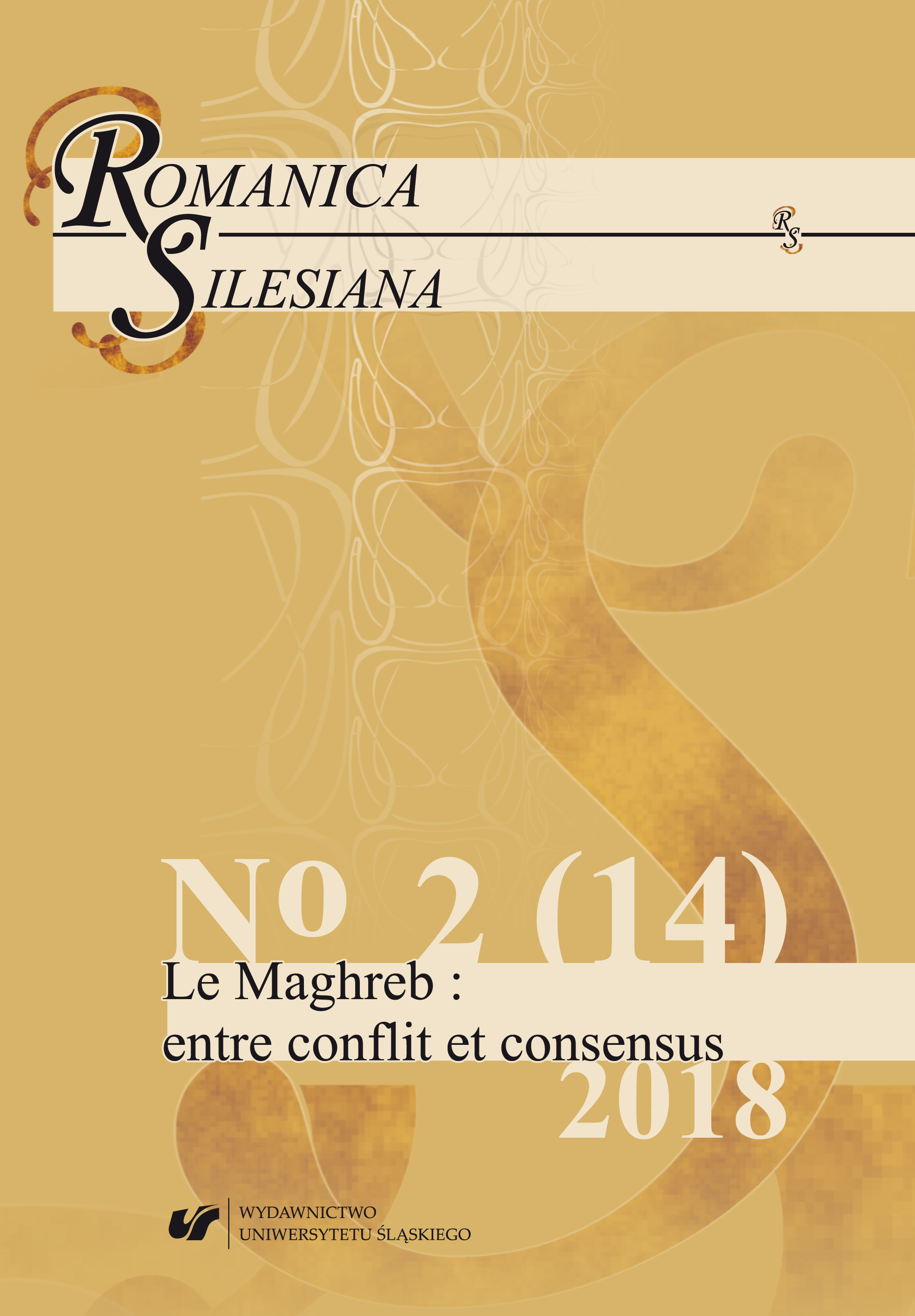La dystopie religieuse dans “2084 : La fin du monde” de Boualem Sansal : de l’apocalypse à l’espoir
Religious Dystopia in “2084: La fin du monde” by Boualem Sansal: From Apocalypse to Hope
Author(s): Jolanta Rachwalska von RejchwaldSubject(s): Islam studies, French Literature, Theory of Literature
Published by: Wydawnictwo Uniwersytetu Śląskiego
Keywords: Islam; radicalism; totalitarianism; Maghreb; dystopia
Summary/Abstract: Not only the philosophers and sociologists (Fukuyama, Huntington, Weigl, Attali, Göle), but also French writers (Houellebecq) wrote about the clash of Western civilization with Islam. The article is devoted to updating this issue, made by the Algerian writer Boualem Sansal, which has given an unprecedented in the Maghreb culture form of science-fiction. Referring to Orwell’s dystopia, Sansal creates an apocalyptic picture of the world after the destruction of Western civilization. Its place is occupied by the global totalitarian world, Abistan, subordinated to one ideology aimed at eliminating the ability to think, leaving everyone to adhere to the sole god Yölah. In this enslaved world it is the hope of a young man, Ati, in whose mind the thought is born, and with it Doubt that will not leave him and change him in respect to his drive to Look for answers. Is human ability to think and ask questions – understood as a heritage of Western civilization – really a tool capable of crushing the monolith of totalitarianism irrespective of its ideological origins?
Journal: Romanica Silesiana
- Issue Year: 2/2018
- Issue No: 14
- Page Range: 53-61
- Page Count: 9
- Language: French

